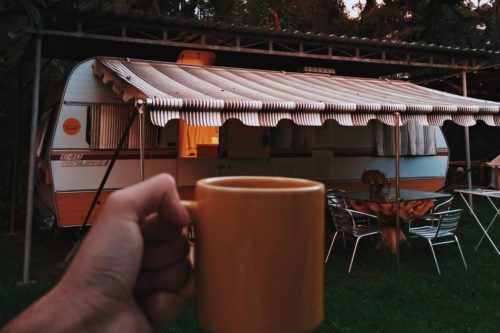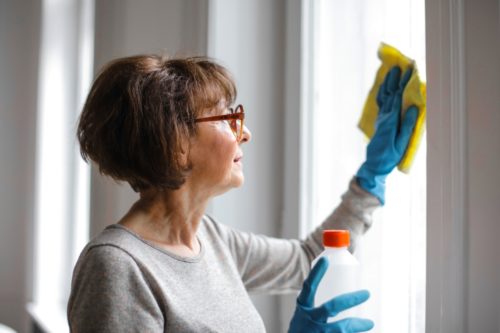10 Rules for Saving Water at Home

W e have all been told that water is a nonrenewable source all our lives. And yet, instead of doing our due part to help however we can, we seem to be abundantly wasting water all the time. We’ve compiled this list of 10 rules for saving water at home to help.
The demand for water is estimated to globally increase by 55% between 2000 and 2050, and if we don’t save water now, there will be very little usable freshwater left for our future generations.
1. Take Shorter Showers
This is perhaps the easiest one of all to implement in our lives. When you’re taking a shower, turn off the shower if you are soaping your body. Try to spend less time in the shower doing non-essential tasks, for example, shaving. If you are shaving, do it outside your shower cubicle, so you aren’t tempted to run the tap each time you run a razor along your body.
2. Check for Leaks
Consistently check all the faucets in your house for any leaks. While you’re at it, check your toilets, water tanks, and water geysers too. Being at the top of your game with leakages will not only help you save your walls from seepage but also save your wallet from extra charges on your water bill.
An easy way to check your toilet for a leak is to put a few drops of food color in your toilet tank, and if you see the color in your toilet bowl, you likely have a leak.
3. Turn Off the Tap
Do not let your tap run if you are not using the water. If you are washing your hands and are at the part where you foam them with soap lather, you have no practical use for the tap to be running. If you are brushing your teeth, turn off the tap while you brush.
4. Run Full Loads
A lot of people let their dishwashers and washing machines run half loads. Not only are you wasting water when you do that, but you are also wasting your electricity. Make sure your laundry is full when you run your washing machine. Make sure you have a lot of dirty dishes to wash when you run your dishwasher. You’ll save a lot of time, electricity, and water.
5. Flush Less
If it’s yellow, let it mellow. If it’s brown, flush it down.
It may be a gross concept, but each time you unnecessarily flush the toilet, you waste almost two gallons of water. If it’s just urine, there’s no reason to flush it. If you find it gross or smelly, you can use a neutralizer! They are widely available on the market now, and it gets rid of the ammonia smell.
6. Plant Trees That Require Less Water
There are many beautiful plants and trees that are marketed as “drought-resistant” and thus do not require constant water irrigation, thriving on minimal amounts of water. They’re great for the ecosystem, and for saving water!
7. Don’t Let Your Kids Play With Water
Water balloons, water guns, sprinklers, and water hoses all seem like fun things to play with, but they waste an enormous amount of water that has no other need to be wasted. It’s perfectly good freshwater that can be used for other essential things. Substitute water play by letting your kids play with other toys instead.
8. Substitute a Water Hose for a Broom
If you find yourself frequently using a water hose to clean your garage, your lawn, your sidewalk, and your driveway, it’s best to ask yourself if you REALLY need to do that. A better alternative is a broom, and if you are allergic to dust and thus afraid of it flying everywhere, a damp broom will do the job too.
9. Use a Bucket and a Sponge for Car Washes
Avoid frequent trips to the car wash. Two buckets of water will sparkle your car just as much as 85 gallons of water at the car wash will. And you’ll save an extra buck!
10. Collect and Use Rainwater
Rainwater is nature’s way of giving us a second chance at water conservation. Keep out a few buckets or collection containers as it rains, and use them to water your plants. If you properly treat rainwater, you can use it for showering, doing your laundry, or even so much as safely drinking it!
Hopefully, these 10 rules for saving water at home will help you practically care not just for the Earth but for your wallet, too.








